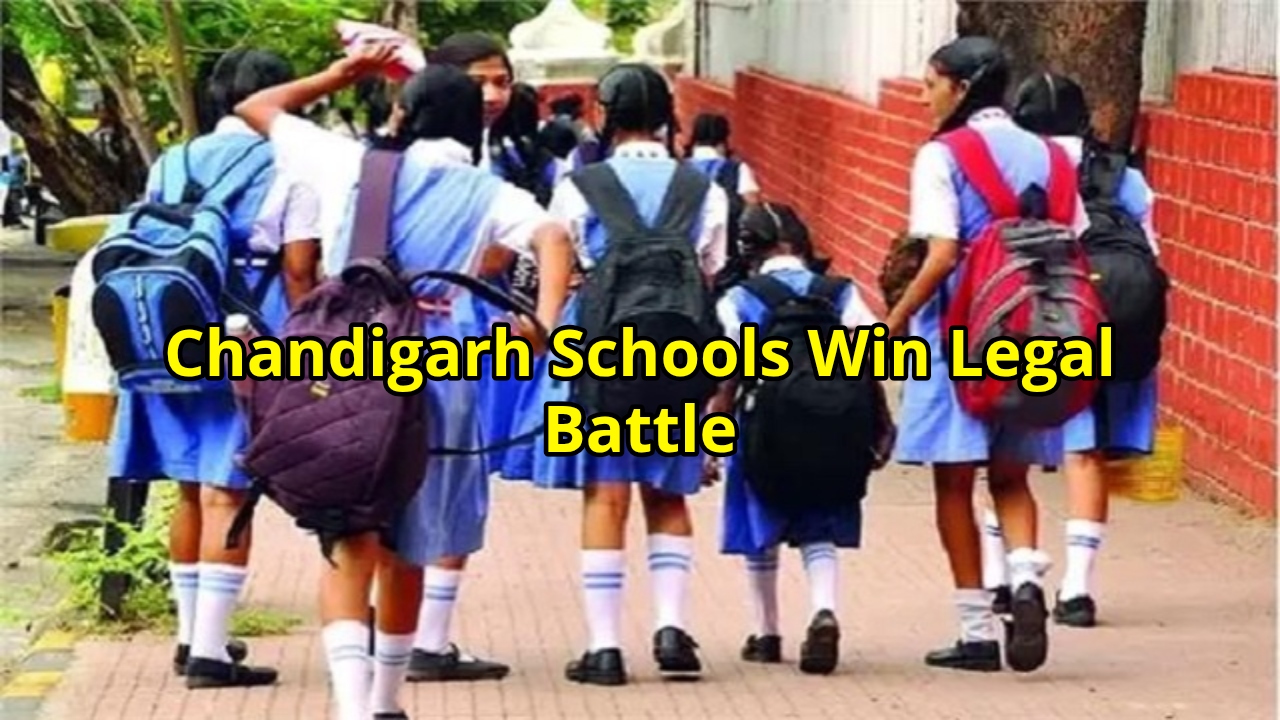St. Kabir, Vivek High Get Relief from Court
In a big relief to Chandigarh private schools, the Punjab and Haryana High Court has quashed the administration order revoking the recognition of St. Kabir School and Vivek High School. The court held that schools which were granted land prior to the 1996 policy are entitled to full compensation of 25% admissions under the Economically Weaker Section (EWS) quota.
Justice Harsimran Singh Sethi categorically dismissed the administration’s argument that schools would only be reimbursed for 10% of the admissions under the EWS category as per the 1996 policy. The court explained that this policy only applies to schools that were given land under the 1996 scheme and not to those schools that got land prior to that.
Policy Can’t Be Applied Retroactively, Says Court
The court explained that the 1996 policy cannot be retrospectively applied, and its application cannot be extended to schools that had already been granted land prior to its adoption.
The Chandigarh administration had also contended that certain conditions of land allotment gave them the right to apply Article 18 of the policy to even schools which received land prior to 1996. But the court could find no legal or factual basis for this argument. It also mentioned that the administration never applied any such provision for more than a decade, further discrediting their argument.
All Non-Minority Schools Have to Adhere to 25% EWS Quota
Justice Sethi pressed home that as per the Right to Education (RTE) Act, all schools that are private except for minority schools are obligated under law to provide admission to economically weaker sections of society children in 25% seats.
This statutory mandate cannot be superseded or curtailed by any prior policies on land or allotment terms. The court ruling is clear: it’s not voluntary that private schools have to provide good education to poor kids — it’s a legal requirement.
Clear Guidelines Given for Admission into EWS
The High Court has now instructed the administration in Chandigarh to monitor the process of admissions. The administration would draw up and release a list of EWS students who are eligible to the schools. In case a school disputes the eligibility of a student, the administration will enquire and make the final, binding ruling.
Schools would have to admit and enroll the EWS students allocated to them by the administration.
What This Means for Schools and Parents
This decision is a great victory for parents belonging to weaker sections who aspire for wards to be offered admissions in renowned schools. For schools, the verdict restores their credibility and puts an end to uncertainty regarding reimbursement and policy implementation.
Most importantly, it reiterates the notion that education is a right and not a privilege and that the world’s best schools have the responsibility to cater to all segments of society.
